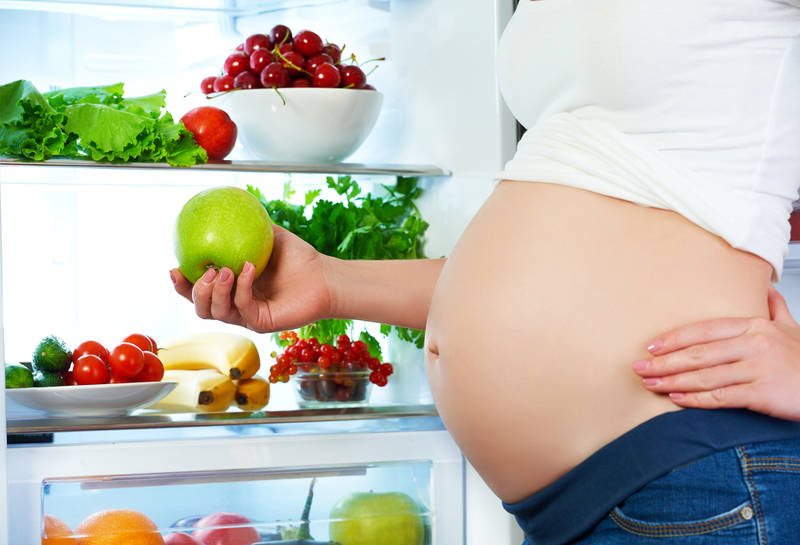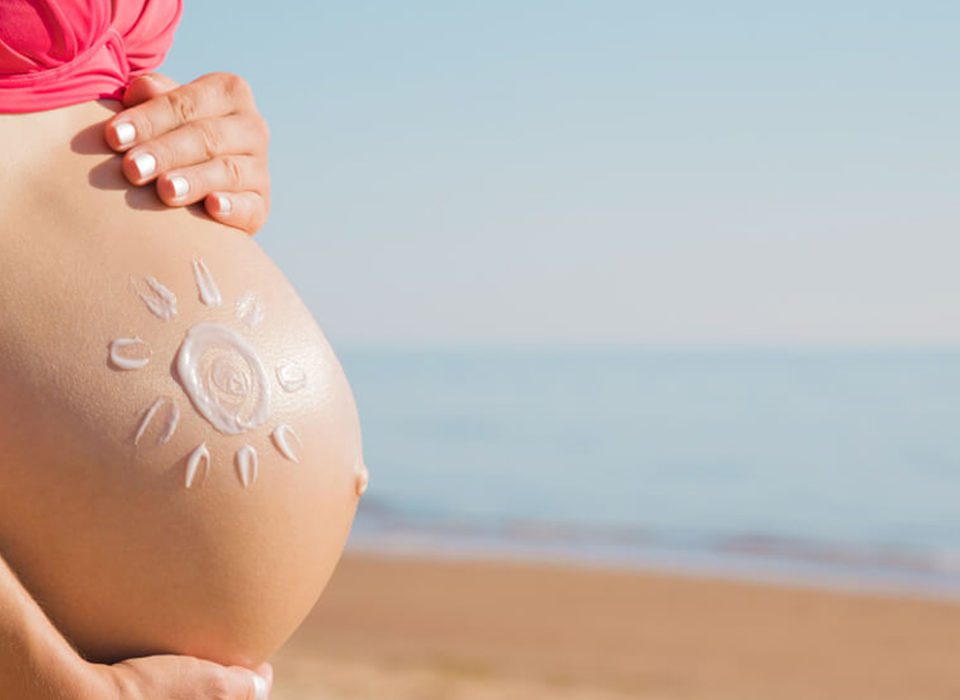Pregnancy is one of the most sacred times in a woman’s life. However, in order for this process to be carried out in a correct and healthy way, the expectant mother must pay attention to a number of things in order to protect the health of both herself and the baby. A proper and balanced diet is the most important of these. In order for the baby’s growth and development processes to be carried out correctly during pregnancy, the mother should prepare the nutrition program a little more carefully than usual. So how should nutrition be during pregnancy? What are the nutrition recommendations during pregnancy?
Nutrition Tips During Pregnancy
1 . Diet during Pregnancy
Diet is one of the most important issues during pregnancy. In this process, diets made just for the sake of not gaining weight can negatively affect the development of the baby and may also harm the health of the mother. Because from the moment the baby is formed, it feeds on what the mother consumes. Avoiding diets that are not under expert control and applying wrong and heavy diets are very harmful in this process.
2 . Eat Many Meals at Frequent Intervals
Not skipping meals during pregnancy and increasing the number of meals (not the number of portions) by feeding at frequent intervals is one of the recommended dietary patterns. The aim here is to prevent fluctuations in blood sugar by feeding at frequent intervals. Eating small portions frequently will also stimulate your metabolism and prevent food from being stored as fat. Another benefit of eating small portions of multiple meals is that it reduces the complaint of indigestion that develops with overfilling of the stomach.
3 . Balanced Nutrition
One of the most common misconceptions about pregnancy is the habit of “eating for two”. As long as the expectant mother eats an adequate and balanced diet, she should not take any additional energy supplements. until the end of the week. The baby does not grow as the mother gains weight, so overfeeding can lead to problems such as diabetes and high blood pressure during pregnancy.
4 . Eating Right
During pregnancy, it is important to avoid processed and sugary foods and to limit pastries as much as possible. Foods with additives should be avoided or minimized. Protein sources (milk, dairy products, eggs, etc.), which are of great importance for the development of the baby, should be consumed in abundance, salt consumption should be reduced, plenty of water should be drunk to protect kidney and intestinal health, and consumption of caffeinated beverages should be limited to 1-2 glasses a day. Foods containing Omega-3 should be consumed 3 times a week, nuts such as walnuts and almonds, useful herbal teas such as ginger (in a certain proportion) should be included in the nutrition program, and a diet rich in foods containing folic acid should be applied. Food groups consisting of vegetables and fruits, cereals, milk and dairy products, meat and legumes should be included in the daily diet, and at least 2 liters of water should be consumed daily.








